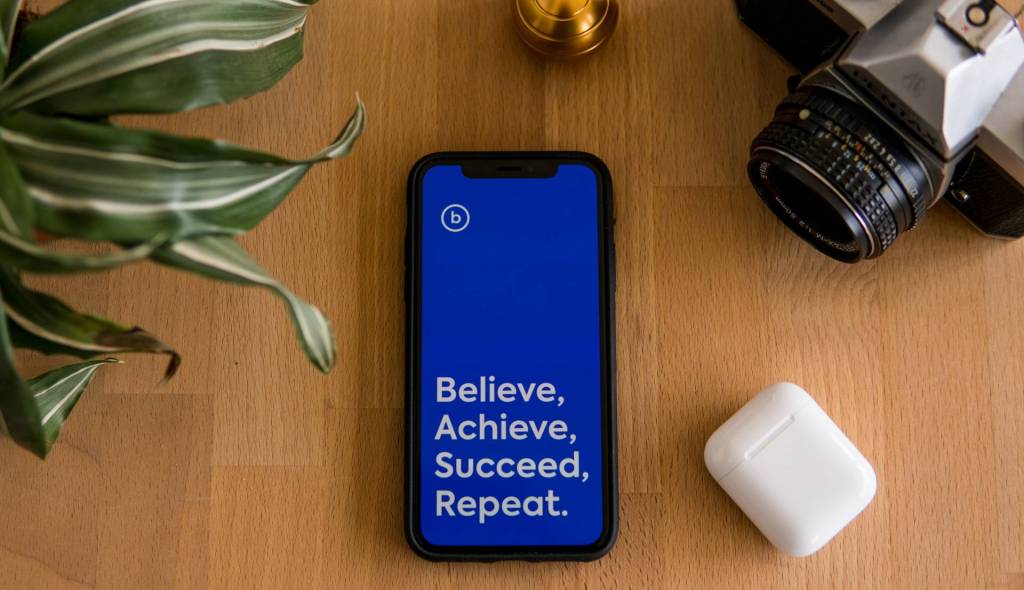As much as I enjoy discussing the similarities between personal and corporate branding, it is just as important to examine the relationship between the two as well as the nuances within. No matter your career “vertical,” an understanding of the way these two types of branding are connected coupled with the points where you can (and most likely will) garner success is of ultimate relevance. Granted, for optimal effectivity, we will have to assume a couple of crucial factors:
- The field in which you work is one where you have a personal connection; and
- You are a good match for the type of work you do.
These assumptions will become crystal clear the further your read in this article.
Revelry
One of the best things about 2016, is the fact that more of us are searching for, or accepting no less than happiness in our jobs. Yes, it seems obvious that a happy worker is a better worker and subsequently, this is best for business, but hard data supports this further. For example:
- Happy employees are, on average, 12% more productive;
- Companies with happy employees outperform their competition by 20%; and
- 36% of employees would give up $5,000 in salary to be happier at work.
Additionally, since there are numerous factors that could lead to any one of us participating in work purely because of necessity when we are happy at work, we are likely to revel in this environment. Why wouldn’t we? We are working in a field that we feel close to, we are matched well with our particular job and our employer is happy because we’re more productive. We’re in a great place.
Advocacy
Considering our revelry, the logical next step is that we would share the information around our happiness. We human beings are social creatures. We share information, especially emotional information. Whether we are happy or not, we are likely to let someone (or some many) know. This communication can easily fall under the category of advocacy.
As a matter of fact, many of you who are reading this, since this is a blog about branding, are familiar with the idea of getting consumers to advocate for your brand. Well, within a company, this level of advocacy is just as effective for your company. Consumers look at a number of elements of your brand when making a purchase decision. If you, as an employee, are genuinely happy with the company you work for, that happiness or advocacy can be contagious. The joy within advocacy draws people in. This is important to remember, in general, as well as with this final point.
Credibility
When it comes to brand credibility, both as an individual and as a business, there are many opportunities to show it such as thought leadership, social proof, and accountability. These three components are closely linked to each and every employee;
- A happy, knowledgeable employee who shares what s/he has learned at any point in their career not only provides value by educating others, they are increasing the visibility (and credibility) of the corporate brand;
- As social beings, we are apt to share information from similar or otherwise like-minded individuals. It feels more personal this way; and
- Because you are representing yourself and the company you work for, an employee is going to be sure to make sure that they can stand their ground as they are automatically subject to criticism, both good and bad.
All of these factors are important to know because they relate to what brands actually are and their complementary parts no matter how you want to represent them. Art + science or intellect + emotion, illustrating how it all works together is the easiest way to display what makes you and your business whole.













